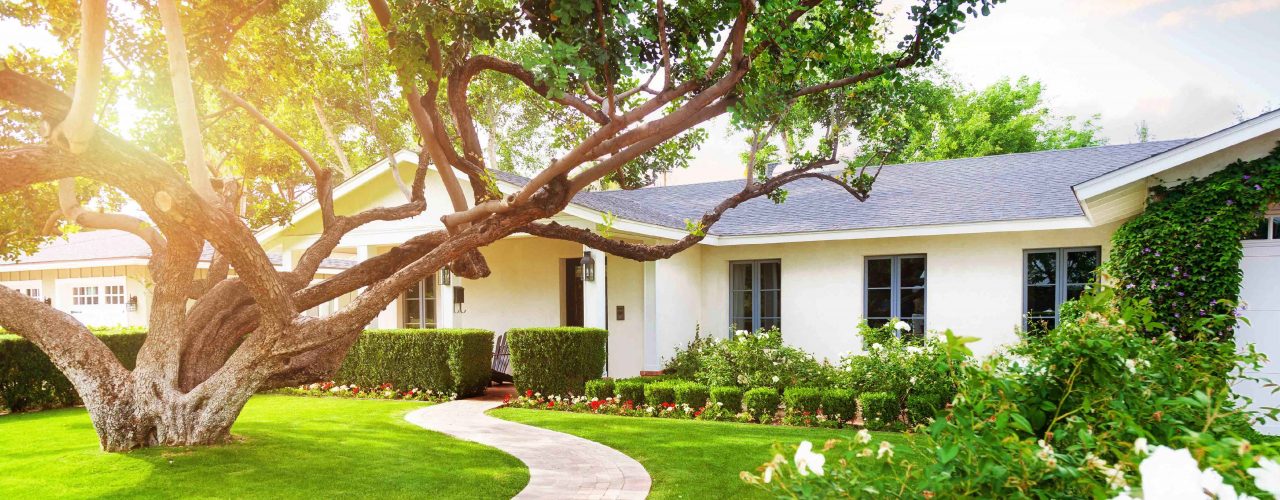
Though first-time homebuyers traditionally gravitate toward smaller, lower-priced properties, many of today’s Millennial cohorts are bucking that trend.
Instead, they’re opting for forever homes — larger, higher priced houses they plan to raise a family and grow old in.
What’s causing this change? What are the pros and cons? More importantly, should you consider this move yourself? Let’s take a look at the trend in depth to find out.
Why (and How to) Skip the Starter Home?
There are a lot of factors at work here, but one of the biggest? Millennials are marrying late and starting families even later. This demographic shift means that by the time they do tie the knot, have kids and want to buy a house, they probably have a lot more resources to do that with. They have higher incomes, better credit and have had a decade to save, versus a 22-year-old’s one year out of college.
They also know what they want more. They’re likely more settled in their career, have a long-term trajectory in mind and are more able to predict where they’ll want to live five, 10 or even 20 years down the road.
Rising home prices also play a role. If a buyer knows they’re going to pay a premium for a property no matter what type of home they get, why settle for less? Shouldn’t they just forge ahead and buy their absolute, ideal property? Many Millennials seem to think so.
The Pros and Cons
Obviously, there are advantages and disadvantages to this approach. For one, they won’t have to go through the homebuying process again. Though digital tools have made buying a house and applying for a loan infinitely easier than in years past, it’s still no walk in the park. Paring down to just one purchase in a lifetime can be a big time and energy saver.
They also may have an easier time finding a home in the first place. Inventory levels on starter homes are at staggering lows, and it means more bidding wars, lots of overpriced properties and an uphill battle from the start.
But the perks may end there. Buying a higher priced, larger home comes with quite a few cons, including:
- A bigger mortgage payment
- Higher repair and maintenance costs
- Higher utility bills
- More property taxes
The higher costs could also make it harder to save for retirement — something Millennials are notorious for putting off and shelving for a later date.
Can You Skip the Starter Home?
Skipping a starter home and jumping right into your dream house can be tempting, but is it the right move for your finances?
Before making a decision, you’ll want to consider a few factors:
- How sure are you of your career path and location? You don’t want to buy your forever home just to get transferred two years down the line. Make sure you’re absolutely sure of your prospects where you buy — and how much you want to live there for the long haul.
- How much can you afford to pay each month? A higher home price means a higher monthly payment. Generally, you should devote no more than 30 percent of your monthly income to housing. That should include not only your mortgage payment, but also your property taxes, HOA fees, homeowner’s insurance, PMI and other associated costs.
- How much do you have saved for a down payment? Many loans allow for a down payment as low as 3.5 percent, but keep in mind what that means for your monthly payment. Putting down the bare minimum means a higher mortgage payment each month, plus more in private mortgage insurance, interest and more.
- Have you started saving for retirement? If you don’t have anything socked away for retirement and your new mortgage payment would eat up all your monthly income, steer clear. You need to have room to afford your new house and still put away money for later.
- How’s your credit? A lower credit score would likely mean a higher interest rate — and that is less than ideal — resulting in a tons of added interest over the course of the loan.
Location, Location, Location
Don’t forget about location, too. Every housing market is different, so buying your dream home in one city may be way more possible than in the next. Take California, for example. In the Bay Area, $1 million might only get you a fixer-upper, while the same amount would cover a massive mansion in nearby Arizona, Utah or Colorado. Do your research before making your decision, and consult a local real estate agent and loan officer to get a better feel for affordability in your area.
The Moral of the Story
There’s no right or wrong answer. If you’re not sure whether buying a starter home or your dream house is the right move, get in touch with a SnapFi Mortgage Advisor. We’ll help you hone in on the best choice for your unique financial situation and goals. Contact us today to get started.


